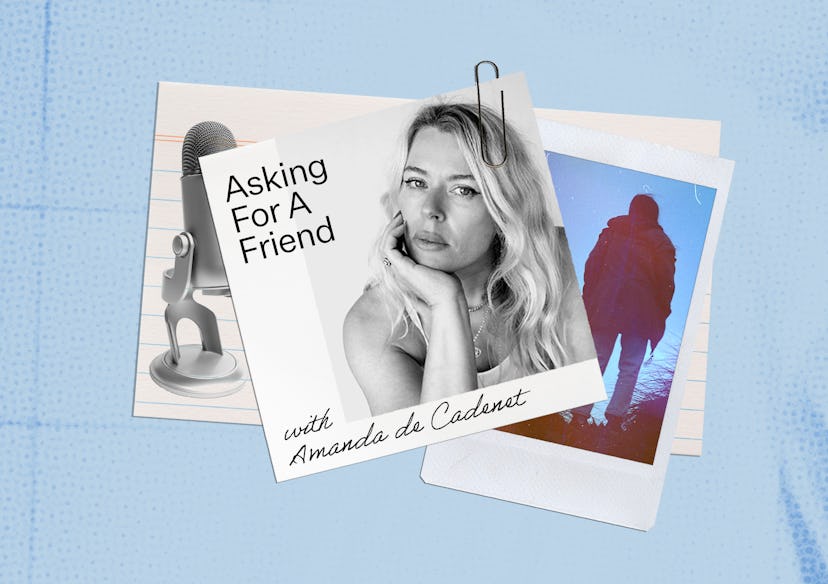Asking For A Friend
How Can I Move On After Being Betrayed?
I don’t want to carry this baggage forever.

Q: When it comes to a betrayal in life, be it from a parent or a relationship, how does one move past that point whereby it then affects every other relationship that they have going forward?
And how do you reset your expectations for people without them being affected by your experiences?
A: Betrayal in my experience is one of the hardest experiences to get “over” — or should I say “through.” Depending on how deep of a betrayal you experienced, you may not ever get over it but simply learn to live with it and learn from it.
I experienced two friend betrayals last year, and to say my world was rocked is an understatement. Of course, a parent’s betrayal is for sure its own beast. Many of us are walking around with childhood wounds — and in all honesty, depending on the injury, it can take a lifetime to move forward.
In answering how this betrayal not affect future relationships, I’m not sure that it won’t. And that’s not necessarily a bad thing; it’s possible that this happened for you and not against you. I would try to look at this experience as something that you can grow from. Ask yourself what the lesson is, as there will be one. I understand this is easier said than done.
In my case, I had to look at my part of the betrayal. It turns out that I had placed extremely high expectations on the person and just wasn’t paying attention to the red flags. Now, I am using more discernment with whom I place in the trusted friend category, and I am just praying I don’t paint the red flags white.
It’s important to know that should a betrayal happen again, you will be OK. Expectations that humans will not fail us at some point are another version of being in denial. Accepting that parents, friends, lovers, kids — all humans — are imperfect has been a key to much more peace for me. When thinking about how to not project onto the people in your life today, be clear with them about what your expectations are. Accept that people are doing the best they can with the tools that they have.
I recently started a new friendship and chose to be very transparent about my emotional state around experiencing a friend ghosting me in the past. This is of course a personal choice about whether to be so blunt, but I found it helpful. Just note that doing so isn’t foolproof — you should still keep an eye out for your best interests. When my friend started to show some similar traits as my former ghoster, I was able to clock it fast, take notes, and adjust my expectations immediately.
Our experiences will affect us; they are supposed to, but in an appropriate way. I think the trick is not letting ourselves feel so powerless from bad experiences that we stop taking risks and living life to the fullest. Go easy on yourself.
If you have a question about sobriety, self-care, recovery, or wellness for Amanda, fill out this form.
This article was originally published on